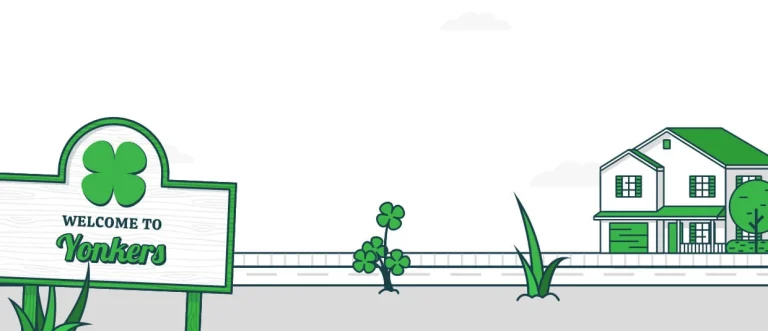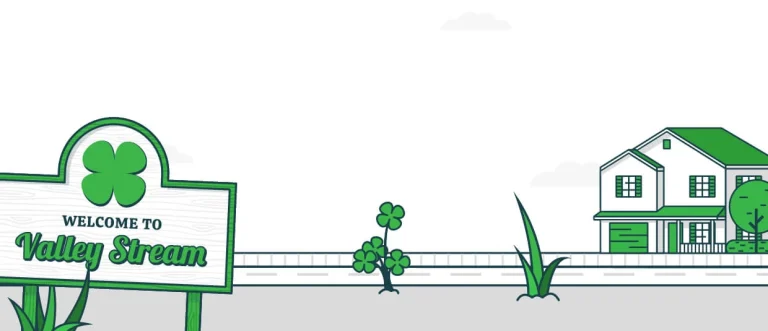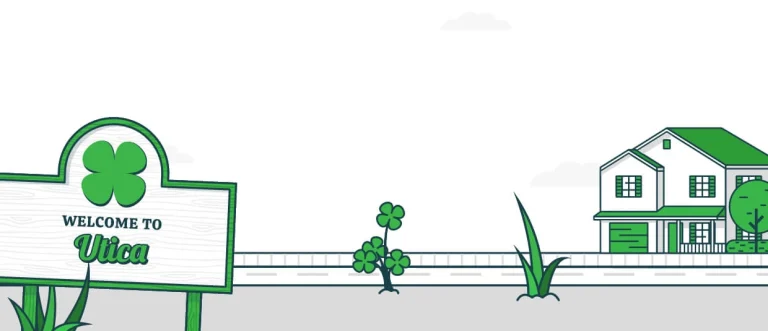Lawn mower accidents are a lot more common than you might think. According to a study published in The American Journal of Emergency Medicine, approximately 85,000 lawn mower-related injuries are reported to emergency departments in the US each year. And that’s just the injuries to humans. There’s also potential property damage and damage to the mower itself to worry about.
If one of those thousands of lawn mower accidents happens on your property, will your homeowners insurance cover the damage? Let’s explore the answer.
Does Homeowners Insurance Cover Lawn Mower Accidents?
Yes and no. If anyone who lives in your home gets hurt by a lawn mower, your liability insurance won’t help pay for your medical bills. Or, if your mower gets damaged in an event that isn’t included in your policy, such as a flood, you won’t be reimbursed for repairing or replacing it.
Homeowners insurance can help out with certain types of lawn mower accidents, but not all of them. First, let’s go over the ways homeowners insurance does cover lawn mower accidents:
- Liability: The liability coverage included in your homeowners insurance pays for medical and legal expenses if someone who doesn’t live in your household gets hurt on your property and needs to go to the hospital and/or ends up suing you – that includes if they’re hurt while using a lawn mower. It also covers any damage your lawn mower causes to someone else’s property.
- Personal property: Your lawn mower counts as personal property, so it’s protected under the personal property section of your insurance. That means you can be reimbursed for repairs or a replacement mower if it’s damaged by one of the perils included in your policy.
- Dwelling and other structures: The dwelling and other structures portions of your homeowners insurance will kick in if your lawn mower damages your home, shed, fence, or any other structures on your property.
However, there are some cases when lawn mower accidents aren’t covered by homeowners insurance.
Are Lawn Mowers Covered Under Homeowners Insurance?
Yes, all kinds of lawn mowers are covered under the personal property section of your homeowners insurance, along with everything else you own, such as furniture and clothing. That means you can make a claim if it gets damaged, and your insurance company should pay for repairs or replacements, up to your policy limit.
But sometimes, that policy limit isn’t high enough. Anyone who’s bought a riding lawn mower knows they can cost several thousand dollars, and most insurance policies have a limit of around $1,000 to $2,500 per item. In that case, if your mower was destroyed completely, your insurance may not cover the total cost of a replacement, and you might be stuck paying in part out of your own pocket.
If you have a riding mower that costs more than $2,500, you might want to raise your personal property limit by adding an endorsement to your policy, just to make sure your mower is fully covered.
Coverage also depends on what caused the damage to your mower. Different insurance policies cover different perils (aka events), so your insurance will only reimburse you in the event of a covered peril.
For example, general wear and tear isn’t typically a covered peril. If your mower gives out from simple old age, your insurance can’t help you. But if it’s damaged in a fire, stolen from your garage, or another covered peril, your insurance will kick in. Check your policy to find out which perils it covers.
Does Homeowners Insurance Cover Someone Else Using My Lawn Mower?
Yes. In fact, homeowners insurance only covers someone else using your lawn mower. That is to say, it doesn’t cover any injuries to you or your family.
But if you pay the teenager from down the street to mow your lawn, or if you have a kind neighbor who mows the lawn for you every once in a while, and one of them gets hurt, your insurance can help cover their medical bills. If they decide to hold you liable (by suing you), your insurance pays for your legal fees, too.
Again, though, your standard homeowners insurance may not provide enough liability coverage. Most policies automatically come with $100,000 of liability coverage, but severe injuries and long hospital stays can cost a lot more than that. If you’re going to have other people mowing your lawn, increasing the risk of injury on your property, it’s a good idea to increase your liability insurance.
Does Homeowners Insurance Cover Damage From a Lawn Mower?
Yes. Dwelling coverage (the part of your insurance that covers the structure of your home) is less limited than personal property coverage.
Your dwelling is usually covered on an open peril basis, which means it’s covered for anything other than the specific events excluded from your policy. Unless your policy specifically excludes lawn mower accidents, it will cover any part of your home that gets damaged by your lawn mower. The same goes for other structures on your property, such as a shed or fence.
Your car isn’t included in this coverage. So, if a rock flies out from the mower blades and chips your vehicle’s window, that would be a claim for your auto insurance, not your homeowners insurance.
Commercial Lawn Mower Insurance for Lawn Care Professionals
What if you hire a professional landscaping business to mow your lawn, and one of the workers gets hurt while on your property? Who’s responsible for those medical bills (and legal bills, if they sue)? Well, homeowners insurance will usually cover contractors under your liability coverage.
That being said, you should still make sure you hire a lawn care company with its own business insurance. Their insurance should cover any damage they do to your property, any workers who get hurt, and any of their equipment that malfunctions. Ask for proof of insurance before letting landscapers (or any contractors) work on your property. Beware of contractors who charge extremely low rates, as they might not carry insurance.
How to Put Insurance on a Lawn Mower
As you can see, you don’t necessarily have to put any extra insurance on your mower. It’s mostly covered under your standard homeowners insurance.
However, for increased lawn mower insurance coverage, you can add endorsements to your policy, such as:
- Umbrella insurance: Umbrella insurance increases your liability coverage from the standard $100,000 to anywhere between $1 million and $5 million. Consider adding umbrella insurance if other people mow your lawn frequently.
- Blanket insurance: Blanket insurance increases your personal property coverage, so you might add blanket insurance if you have an expensive riding lawn mower that exceeds the cost of your policy’s standard per-item limit.
- Scheduled property insurance: You could also “schedule” your lawn mower, which means increasing the coverage limit for just that one item, not all your personal property.
How to Prevent Lawn Mower Accidents in the First Place
You don’t need to worry about whether or not your homeowners insurance covers lawn mower accidents if there are no accidents on your property in the first place. While you can never 100% guarantee safety, there are things you can do to minimize the risk of someone getting hurt.
Here are a few tips for preventing lawn mower accidents:
- Before you mow, check the lawn for rocks or other debris that could go flying and hit someone or something.
- Make sure children and pets stay indoors while you’re mowing.
- Shut off the lawn mower whenever it’s idle.
- Buy a mower with a quick-stop feature that lets you easily stop the blades spinning, then check the feature regularly to make sure it’s in working order.
- Secure your lawn mower in a locked garage or shed when you aren’t using it.
- Regularly inspect your lawn mower for needed repairs and keep up with essential maintenance.
No matter how hard we try, though, accidents happen. At least now you know how homeowners insurance for lawn mowers works in case something goes wrong.
The editorial content on Clovered’s website is meant to be informational material and should not be considered legal advice.




